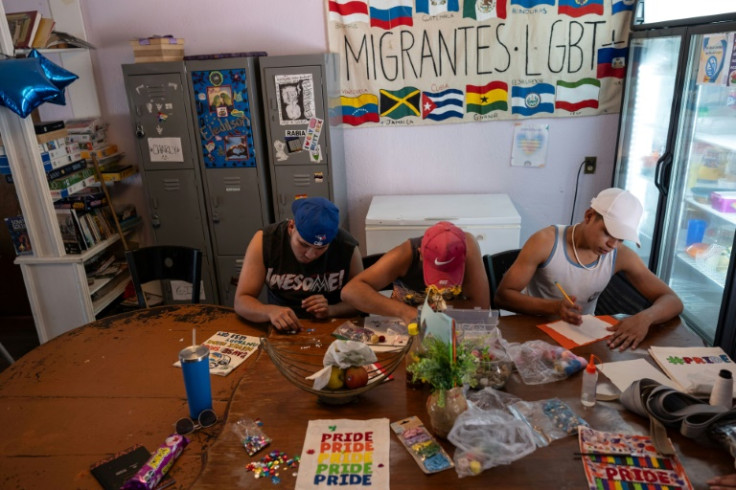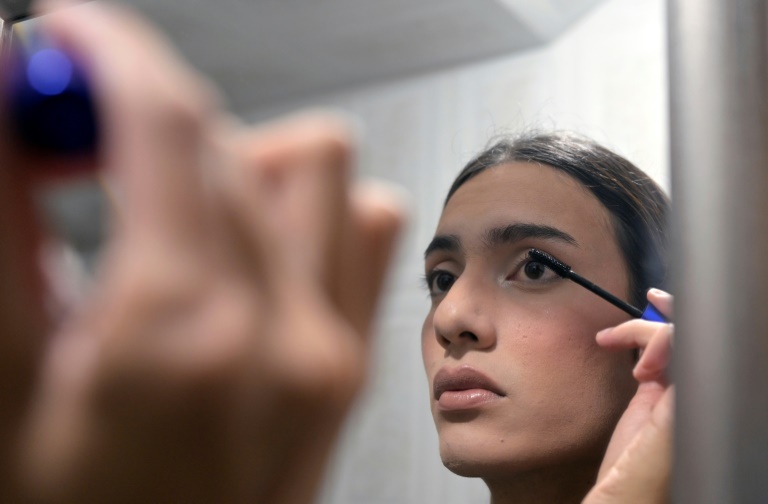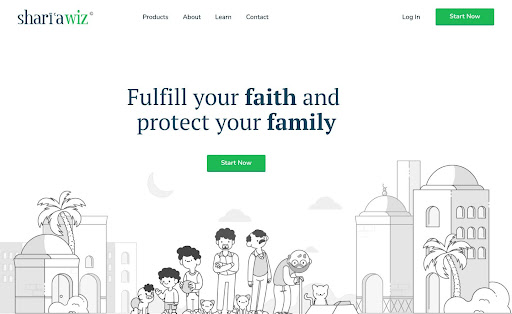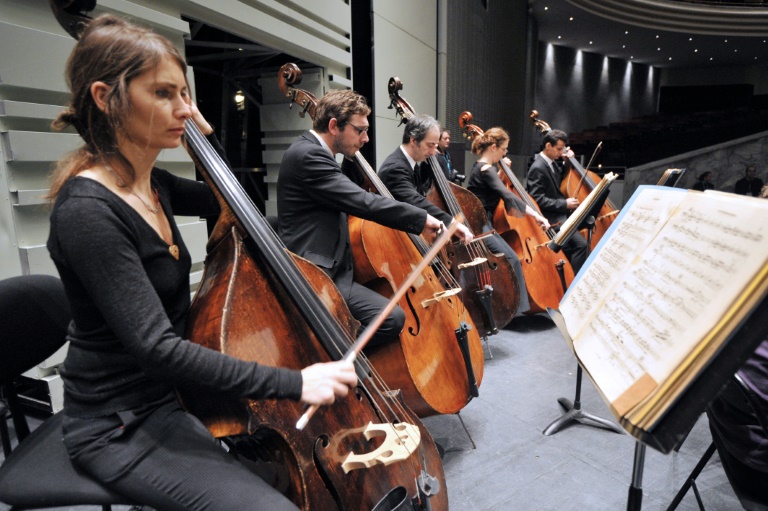Shirlei Vazquez, a trans woman, fled Guatemala after being assaulted and threatened, joining a growing number of LGBTQ migrants heading north in hopes of a better life in the United States.
In Mexico, these migrants have found a safe space at shelters welcoming people facing added stigma or violence on the long journey north due to their sexual orientation or identity.
“I had two options: die in my country or leave to find safety,” the 27-year-old Vasquez told AFP from a shelter in Tijuana called Rainbow House.
Back home she was assaulted and told she would be set on fire “for being gay.”
UN Women this month warned that LGBTQ migrants “face higher risks of significant physical and sexual violence at all stages of migration.”
This includes “unsafe shelters”, lack of access to healthcare and discrimination by border agents.
Casa Frida, a shelter in Mexico City, offers legal, psychological, social and medical support, as well as food aid and housing.
“Casa Frida is a safe space. A place of freedom for certain people, for those to be able to express who they really are,” said Angelica Guzman, a 24-year-old lawyer who does social work at the shelter.
The shelter opened in 2020 during the Covid-19 pandemic to accommodate the growing number of LGBT migrants in the country.
It has since expanded to Tapachula, a city near the country’s southern border with Guatemala where thousands of migrants pass through, as well as Monterrey in the country’s north.
Victoria Davila, a 23-year-old trans woman who fled “risky situations” in Venezuela, has been at the shelter for two months.
“To migrate is to decide to recreate another life somewhere else,” she said, adding the decision to leave her home and family had taken “all the courage in the world.”
In her first few months in Mexico, Davila ran into similar dangers to those she experienced back home.
A Mexican employer took away her documents and forced her into unpaid sex work.
At the shelter, she found a family where she is “welcomed, embraced, respected and validated.”
“I have to show who I am and that I exist, and anyone who doesn’t like it should look the other way,” Davila said.
Sandy Montoya, a 23-year-old trans woman from Honduras, blamed authorities in the conservative Central American society for allowing discrimination against trans people.
“There have been several murders and the government has done nothing to bring justice,” she said.
Montoya arrived at her shelter in May and plans to apply for humanitarian asylum in the United States.
It can take two to nine months to book an asylum appointment with American authorities, so many migrants take jobs in Tijuana while waiting.
Davila, meanwhile, has decided to stay in Mexico City because of the openness of the LGBT community, where she has found work as a drag artist.
“The drag scene in Mexico City is great and very welcoming,” she said.
AFP

AFP







